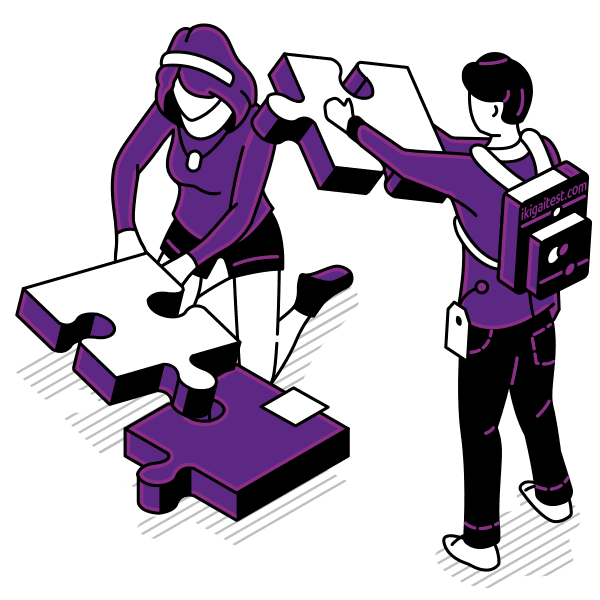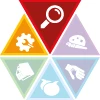Analyst

Analysts will often perform the following tasks:
- Identifying the underlying principles, reasons, or facts of information by breaking down information or data into separate parts.
- Using relevant information and individual judgment to determine whether events or processes comply with laws, regulations, or standards.
- Assessing the value, importance, or quality of things or people.
- Compiling, coding, categorizing, calculating, tabulating, auditing, or verifying information or data.
Strategist

Most strategists should excel at:
- Establishing long-range objectives and specifying the strategies and actions to achieve them.
- Analyzing information and evaluating results to choose the best solution and solve problems.
- Developing specific goals and plans to prioritize, organize, and accomplish your work.
- Scheduling events, programs, and activities, as well as the work of others.
Other work activities related to Computer and information research scientists
- Analyzing problems for developing solutions involving computer hardware and software.
- Assigning or scheduling tasks to meet working priorities and goals.
- Evaluating project plans and proposals for assessing feasibility issues.
- Applying theoretical expertise and innovation for creating or applying new technology, such as adapting principles for applying computers to new uses.
- Consulting with users, management, vendors, and technicians for determining computing needs and system requirements.
- Meeting with managers, vendors, and others for soliciting cooperation and resolving problems.
- Conducting logical analyses of business, scientific, engineering, and other technical problems, formulating mathematical models of problems for solution by computers.
- Developing and interpreting organizational goals, policies, and procedures.
- Participating in staffing decisions and directing training of subordinates.
- Developing performance standards, and evaluating working in light of established standards.







